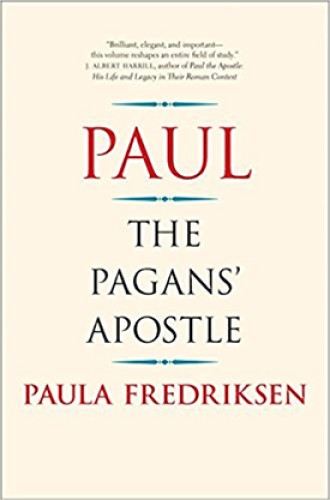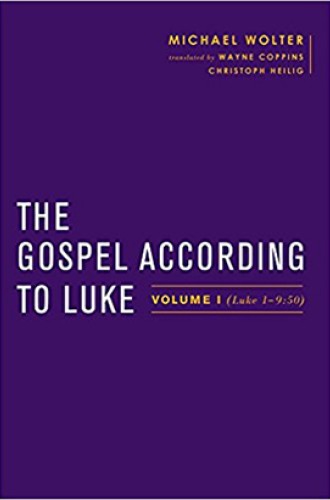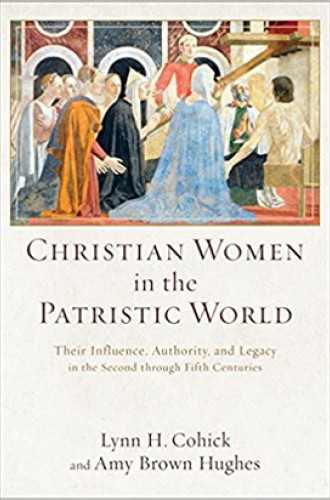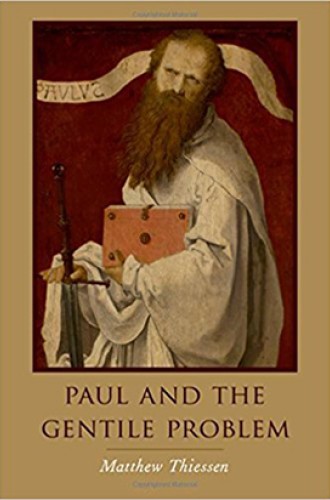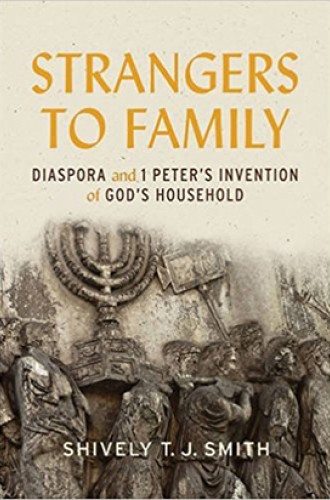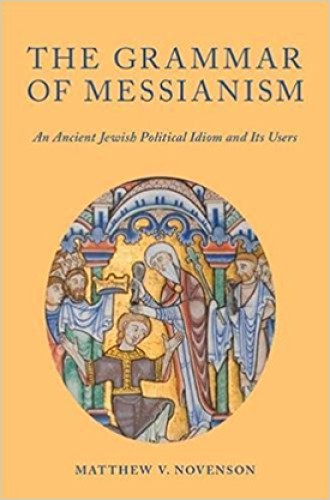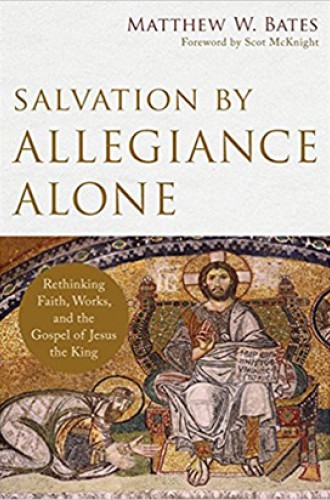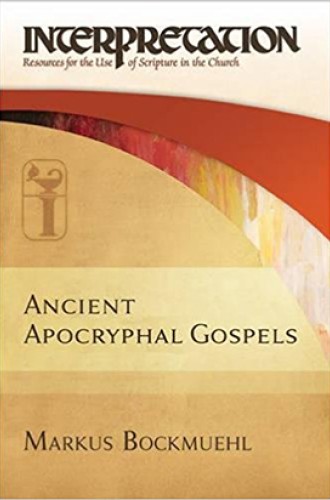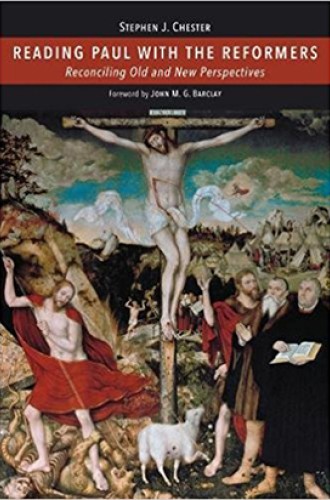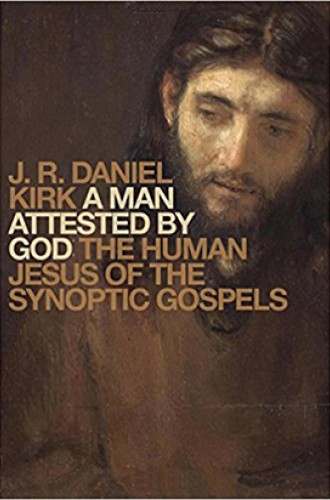Take & Read: New Testament
Paul: The Pagans’ Apostle, by Paula Fredriksen. Paula Fredriksen argues that the historical Paul is best understood when seen with the sacred traditions of Israel and the world of the ancient Mediterranean city rather than the world of later Christian theology. Paul’s letters reveal a man whose convictions—about a Messiah from the house of David, hope for the nations’ inclusion within God’s people, the goodness of God’s Torah, and the ongoing election of Israel—all remain firmly planted within Judaism.
The Gospel According to Luke, Volume 1 (Luke 1–9:50), by Michael Wolter, translated by Wayne Coppins and Christoph Heilig. The joint efforts of Baylor University Press and Mohr Siebeck have made some of the most significant German research on the New Testament accessible to English readers. Michael Wolter’s multivolume commentary is a worthy choice for translation, as it is marked by both concise clarity and a wealth of interpretive insights based on historical material and exegetical observations. Wolter is deeply attentive to the theological meaning of Jesus, Israel, and the church in Luke’s story.
Christian Women in the Patristic World: Their Influence, Authority, and Legacy in the Second through Fifth Centuries, by Lynn H. Cohick and Amy Brown Hughes. Lynn H. Cohick and Amy Brown Hughes retell the stories of significant women who shaped the Christian movement and its theology through their teaching, mothering, devotional practices, pilgrimages, visions, and martyrdom. In retelling the stories of women like Thecla, Helena, Perpetua, and Macrina, the authors recover the manifold ways women exercised authority in the shaping of Christian theology.


